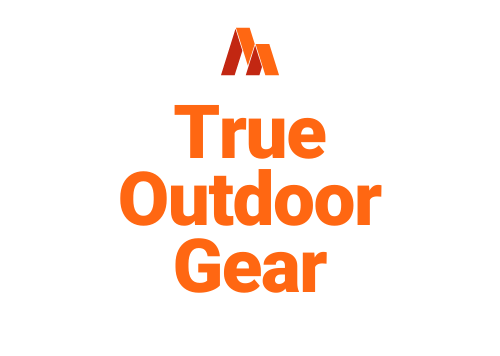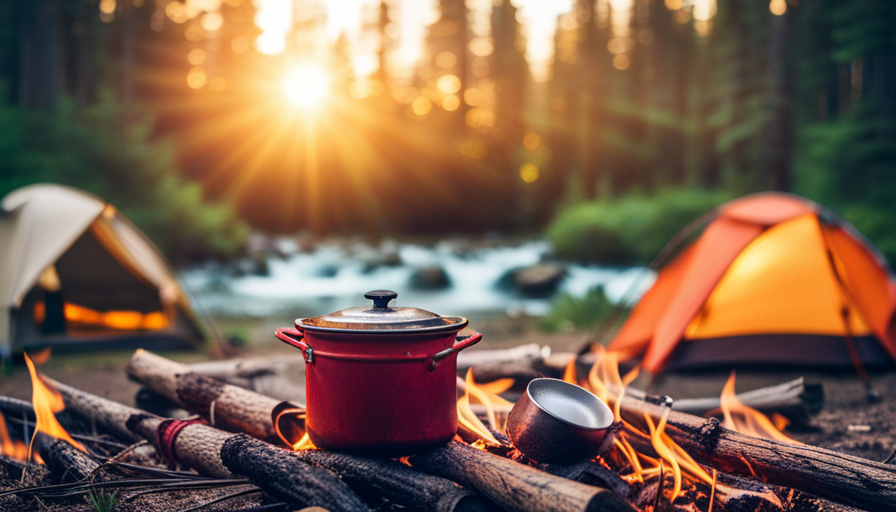Ensuring access to safe drinking water is crucial for campers as staying hydrated is essential for maintaining good health during outdoor activities. One of the oldest and most reliable methods for sterilizing water is boiling. Boiling water effectively kills pathogens, making it a popular choice for campers who need to purify water from natural sources.
However, it is important to understand the factors that can affect boiling time and the limitations of boiling as a purification method.
In this article, we will guide campers on how to boil water correctly, including adjustments for elevation, water volume, and weather conditions. We will also discuss the effectiveness of boiling in eliminating harmful pathogens from water, as well as its limitations in purifying non-living compounds and pollutants.
By understanding the proper techniques for boiling water, campers can ensure access to safe drinking water during their outdoor adventures.
Effective Pathogen Elimination
Boiling water provides a potent and practical pathogen elimination process, proven to kill protozoa, bacteria, and viruses with 99.999% efficiency, making it the most effective method available to campers.
When water is boiled, the heat energy disrupts the cellular structure of microorganisms, rendering them inactive and unable to cause illness. This process is especially important for campers who rely on natural water sources, as these sources may contain a variety of pathogens that can cause serious health problems.
Boiling water is a simple and reliable way to ensure that water is safe to drink, whether at home or in the great outdoors. Although boiling water can be time-consuming, it is a small price to pay for the peace of mind that comes from knowing that the water is free from harmful pathogens.
It is important to note that boiling water will not remove chemical contaminants, such as pesticides or heavy metals, so it is important to be aware of potential sources of contamination and take appropriate measures to protect oneself.
Factors Affecting Boiling Time
The duration required to eliminate pathogens from drinking water through the process of boiling is influenced by a variety of factors, including elevation, water volume, pot size, fire intensity, and weather conditions. The following are some of the factors that impact boiling time:
- Elevation: The boiling point of water decreases as elevation increases, which means that water will boil at a lower temperature at high altitudes. As a general rule, water should be boiled for 3 minutes at elevations above 6500 feet to ensure that all pathogens are killed.
- Water volume: The more water there is in the pot, the longer it will take to bring it to a boil. To save time, it’s best to boil water in smaller batches rather than trying to boil large volumes all at once.
- Pot size: A smaller pot will come to a boil faster than a larger one, so it’s best to use a pot that is just the right size for the amount of water that needs to be boiled.
Other factors that may impact boiling time include the intensity of the fire, the weather conditions, and the temperature of the water before it is boiled. By taking these factors into account, campers can ensure that they are boiling their drinking water for the appropriate amount of time to eliminate any harmful pathogens.
Limitations of Boiling as a Purification Method
One of the limitations of using boiling as a method of water purification is that it only kills living microorganisms and does not eliminate non-living compounds and pollutants. Boiling can effectively kill protozoa, bacteria, and viruses, but toxic contaminants like pesticides and pollutants cannot be removed by boiling.
As a result, boiling is not a comprehensive method of water purification and may not be effective in all situations. Boiling also has limitations in terms of taste and convenience. Boiling water for extended periods of time may give it a flat taste, which may not be desirable.
Additionally, boiling water is a time-consuming process and may not be practical in all situations. As a result, alternative purification methods like filtration or distillation may be necessary for household use or for purifying water from polluted sources. Despite its limitations, boiling remains a valuable method of water purification, particularly for outdoor activities where other methods may not be available.

